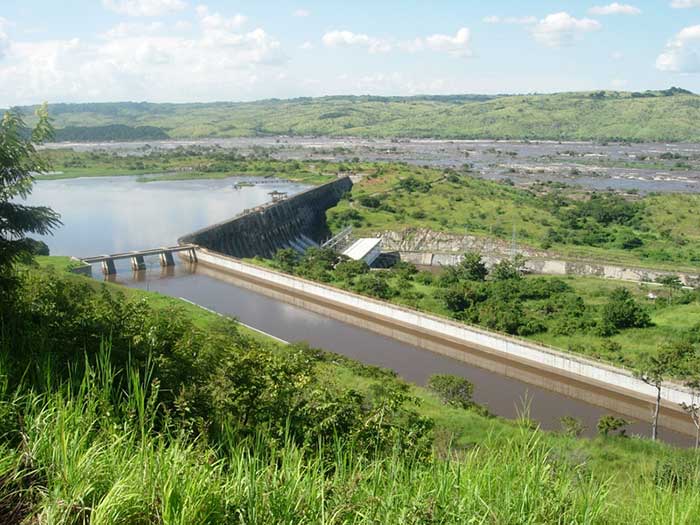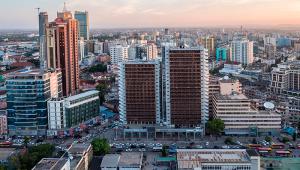web_ingadam_internationalrivers.jpg

Inga Dam. Credit: International Rivers
The report reveals how up to $50bn worth of investments into commercial banks and other financial institutions has been spent on projects that have had devastating impacts on the communities they affect, displacing people from their homes or polluting their air and water.
The bank’s private sector arm, the International Finance Corporation, was set up to boost development in low- and middle-income countries by providing loans, equity and advisory services to the private sector.
Over the past decade, its focus has shifted from directly financing businesses in developing nations towards channelling funds through third parties, including commercial banks, private equity and hedge funds, and insurance companies.
In the 2015 fiscal year alone, over $8bn was invested in such vehicles, with the aim of extending access to financial services to micro-, small- and medium-sized enterprises, which can lack access to credit and financial services.
Frederick Jones, spokesman for the IFC, highlighted that there are 2 billion adults in the developing world do not have a bank account and 200 million businesses have no access to credit, especially SMEs.
Working with financial intermediaries enables the IFC to reach millions more people and enterprises than it can directly, delivering much-needed access to finance and services, and have a greater development impact, he explained.
But Oxfam stressed that a growing body of evidence, produced by other organisations such as Inclusive Development International, suggests IFC investments in financial institutions are not going to small businesses or local entrepreneurs.
Rather, financial institutions regularly pass these substantial investments on to large corporations operating high risk projects that “challenge the very ethos of sustainable development”, according to Oxfam. They include mega dams, mines and industrial crop production.
Nadia Daar, head of Oxfam International’s Washington office, also underscored that the IFC wouldn’t “dare consider touching” these investments directly.
Oxfam’s research found that the IFC had invested in financial institutions that had links to harmful projects in other parts of their portfolio.
These projects include a copper mine in Peru, where communities have seen hundreds injured and some killed for protesting its construction, a mega dam in Vietnam that has seen over 90,000 people displaced, and a number of other Vietnamese projects that pose serious risks to the environment.
The IFC has argued that it has only limited responsibility for investments made by its clients and cannot force its clients to disclose its sub-projects due to confidentiality and privacy laws. It has also said it should not be held responsible for all the activities of its clients because the funds it delivers to them are ring-fenced.
But Daar argued that if the IFC cannot effectively manage the risks in its growing portfolio of investments in financial institutions, it “needs to dramatically scale down those investments to the point where they can track how they are being used”.
Natalie Bugalski, legal director for Inclusive Development International, agreed: “It’s time for the IFC to stop passing the buck and guarantee that its investments are actually helping people and fighting poverty, not disrupting lives, displacing communities and destroying the environment.”
Jones pointed out that the IFC also works to strengthen financial institutions and overall financial systems, to reinforce responsible finance and to introduce environmental and social standards in many clients for the first time.
He added that financial institutions, especially in emerging markets, often do not serve critical sectors, including SMEs, women and the poor, and do not manage financial, environmental or social risks effectively.
“Working through financial intermediaries enables the IFC to lend more to the sectors we care about, like women-owned businesses, climate change, agri-finance and underserved places like fragile and conflict affected states,” he continued.
“These sectors don’t ordinarily attract much private capital; our involvement with financial intermediaries helps get more funding flowing their way.
“We are reviewing the Oxfam report and its recommendations, which we take seriously. In each case in the report, we will work with our clients to address the concerns raised.”













